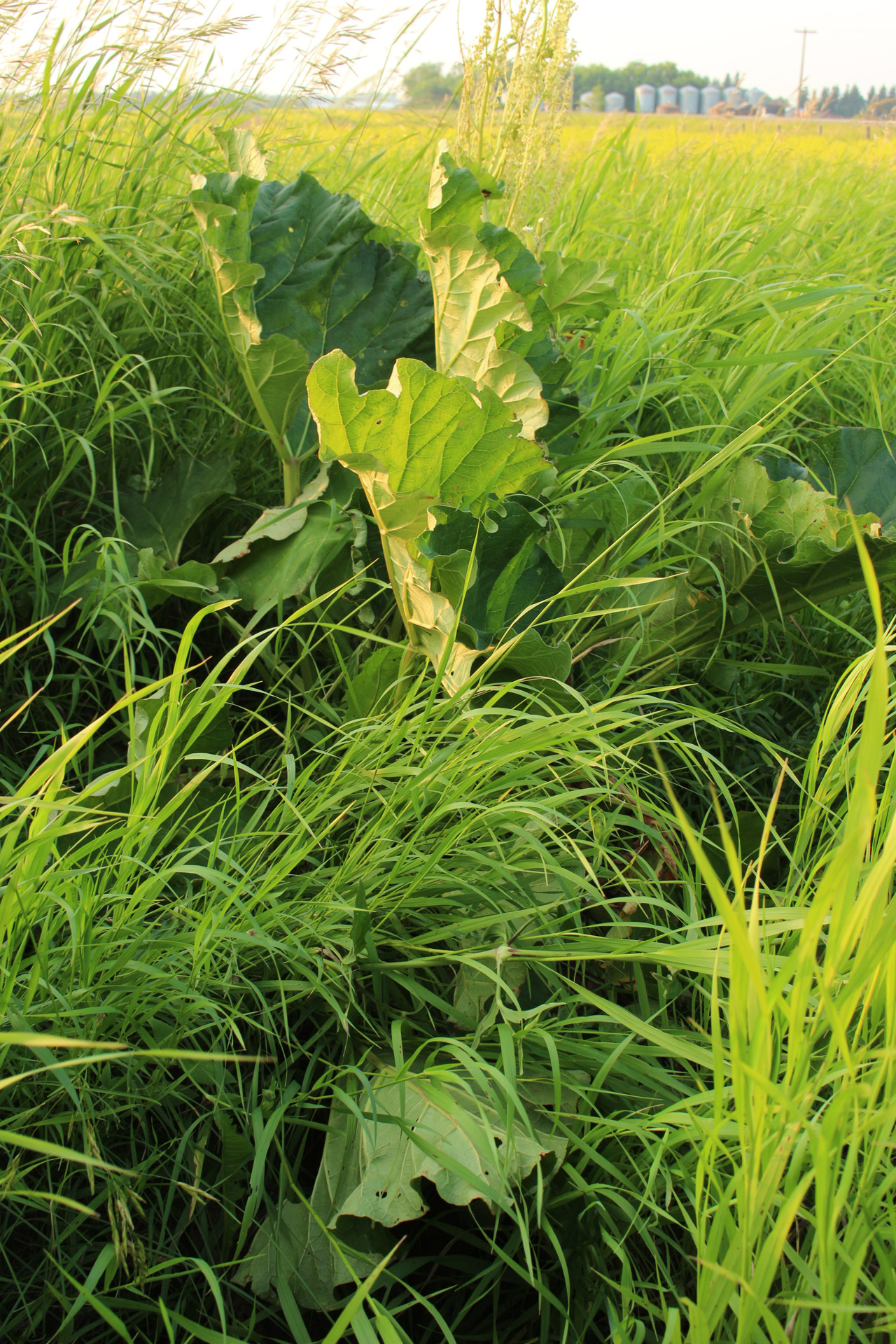
Wild Rhubarb Free Stock Photo Public Domain Pictures
Wild rhubarb (roots) is used topically for its astringency. External preparations are tightening to surface tissues and will lessen skin irritation and redness from burns, rashes, and scrapes. The plant, being moderately hemostatic is well applied to superficial cuts. Although symptomatic in effect, it can be almost miraculous in limiting the.
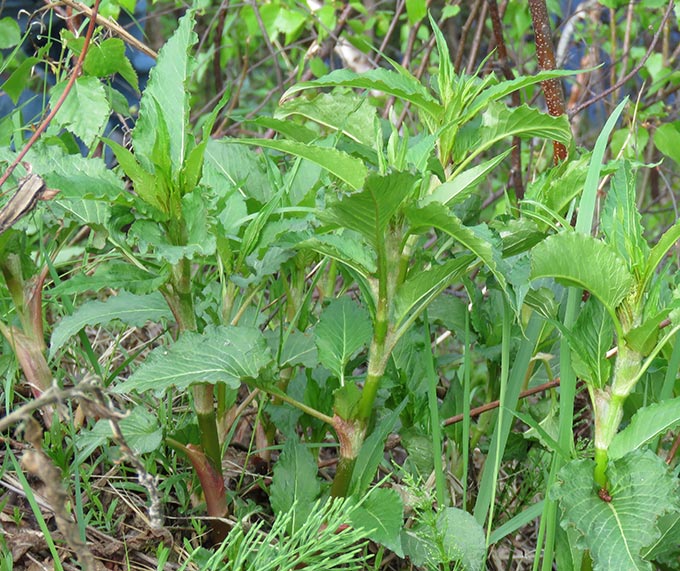
Wild Rhubarb Tr’ondëk Hwëch’in Elder gives Suzanne new eyes First
Common Burdock (also known as wild rhubarb): Burdock is a biennial plant (2 year life cycle) that reproduces by seed. Plant produces spiny cockleburs (seed heads) which cling to clothing, shoe laces and even animal fur for easy relocation. Plant has a large fleshy taproot and massive dark green colored leaves with a hairy textured leaf underside.
Is This Rhubarb Or Weed ?
Wild Rhubarb, commonly known as canaigre, canaigre dock, ganagra, wild rhubarb, Arizona dock, and tanner's dock, is a perennial flowering plant which is native to the western United States and northern Mexico. It has been cultivated in the southwestern United States for the roots, a good source of tannin, which is used in leather tanning.
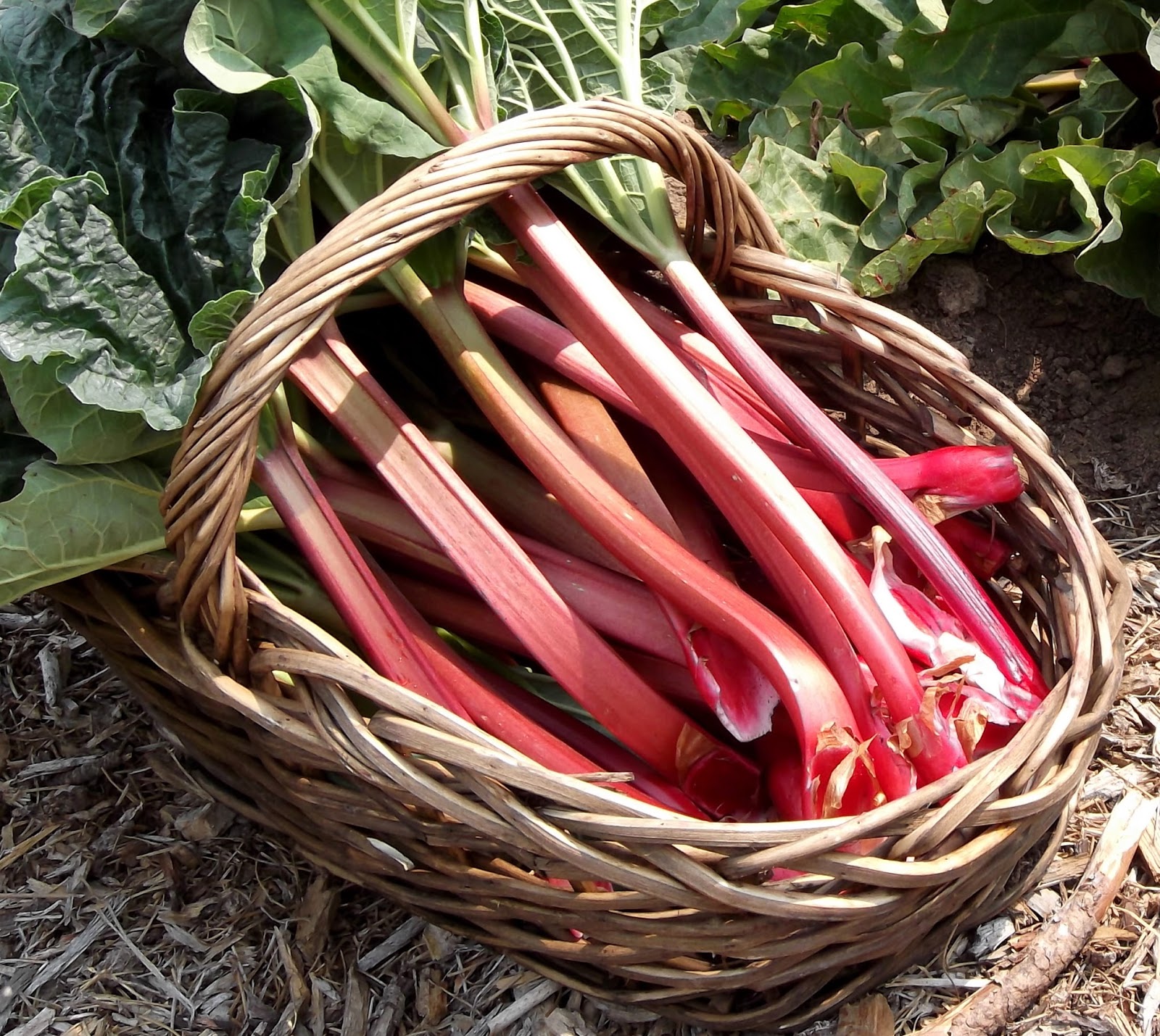
HOW TO GROW RHUBARB FROM SEED The Garden of Eaden
Common Burdock. Also Known As: lesser burdock, wild burdock, wild rhubarb, beggsr's button, bardane. Common burdock, (Arctium minus Bernh.), is a biennial that is native to Europe. In the plant's first year, it forms only a rosette, similar in appearance to rhubarb. The rosette can reach 3 feet across, with leaves that are large, simple.
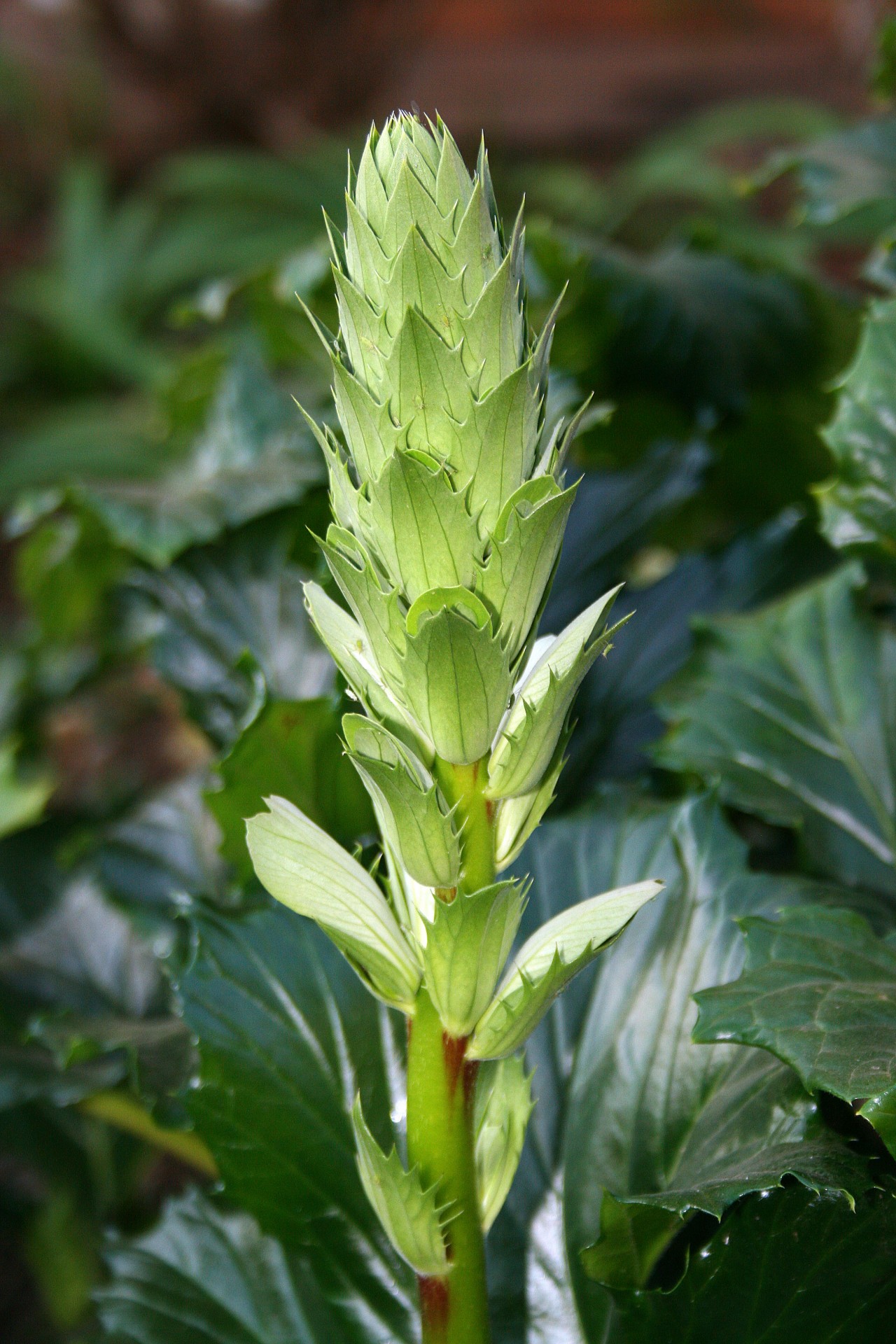
Wild Rhubarb Flower Bud Free Stock Photo Public Domain Pictures
The edible rhubarb plant, however, belongs to a group of plants of the genus Rheum in the plant family Polygonaceae. This pictures above and below are of Burdock or Wild Rhubarb, NOT edible rhubarb! Burdock is an biennial plant that reporduces by seed. The mature leaves of Burdock are less curly than rhubarb, and the undersides of the leaves.
MAGNOL's VACATION encounters with interesting trees and plants
One local winter plant often considered a weed was once grown here commercially. I am talking about Rumex hymenosepalus, commonly called wild rhubarb, canaigre, hierba colorada, Arizona dock, Arizona rhubarb, tanners dock, or ganagra. Back when my age was in the single digits, I learned to call it "miners lettuce."
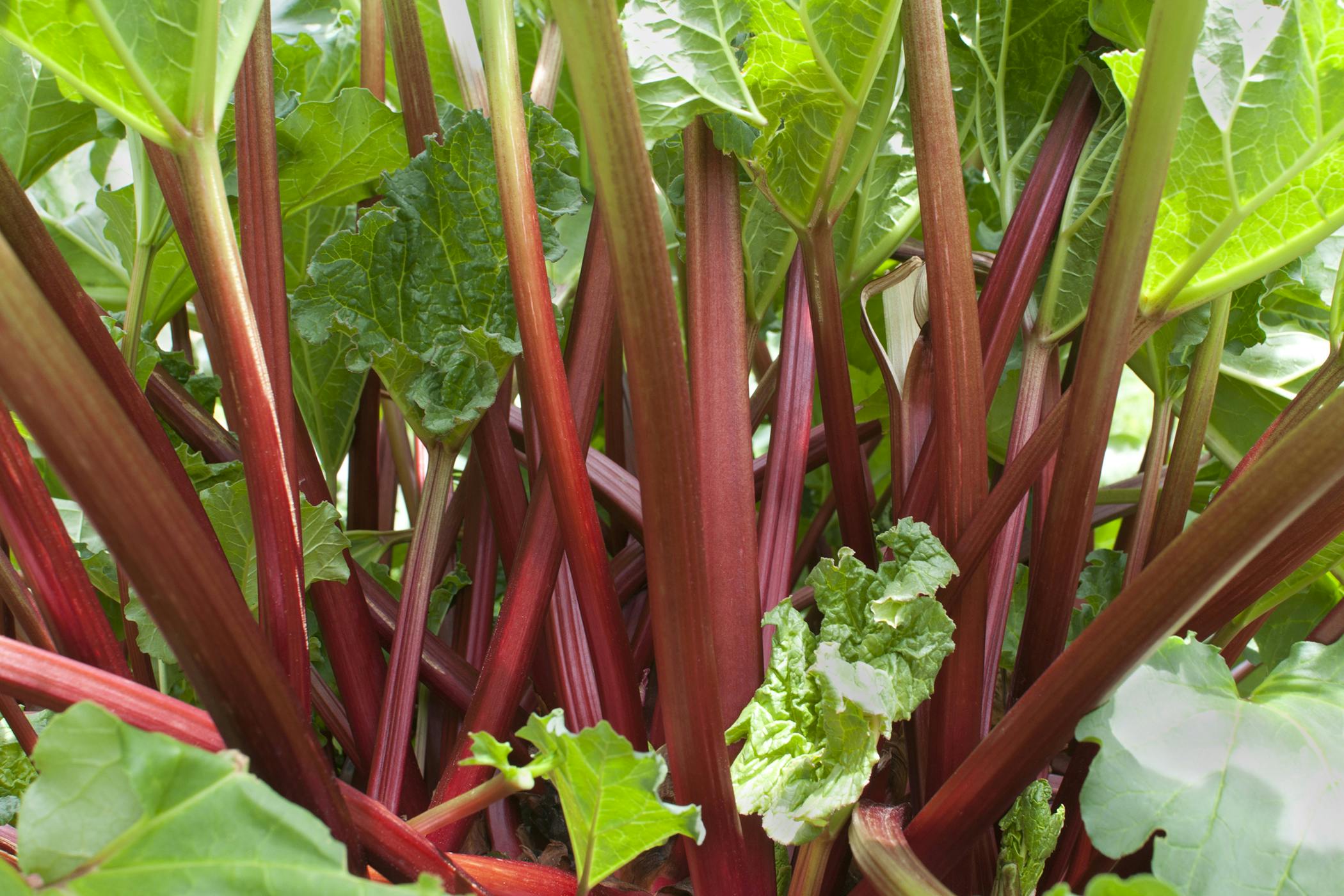
Rhubarb Poisoning in Horses Symptoms, Causes, Diagnosis, Treatment
Rumex hymenosepalus. Color: Pink. Common name: Wild rhubarb, Canaigre Dock. Latin name: Rumex hymenosepalus. Family: POLYGONACEAE. Height: 2-4 feet. Description: Rumex hymenosepalus is a perennial that grows conspicuously from a cluster of tuber-like roots. The stem is stout, fleshy and smooth. The 6-parted flowers grow in a dense cluster.
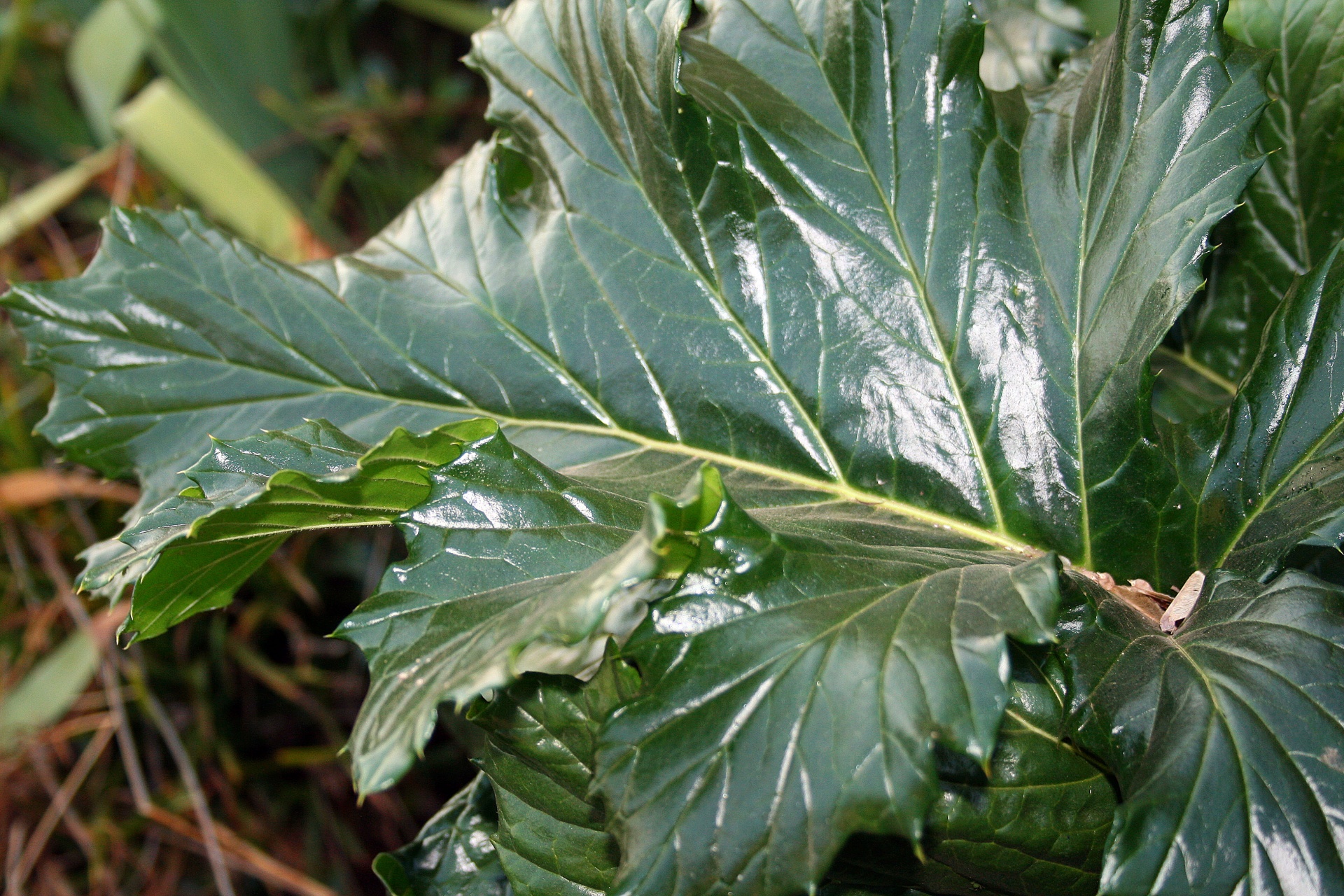
Wild Rhubarb Leaf Free Stock Photo Public Domain Pictures
In its natural habitat, Chinese Rhubarb grows wild and is sometimes seen as a weed. With a USDA plant hardiness of zones 6 to 9, Chinese Rhubarb thrives in wet soil. It can grow over eight feet tall with leaves two and a half feet across. Like other rhubarbs, this one flowers in the summer with large panicles and petals of white to pink.
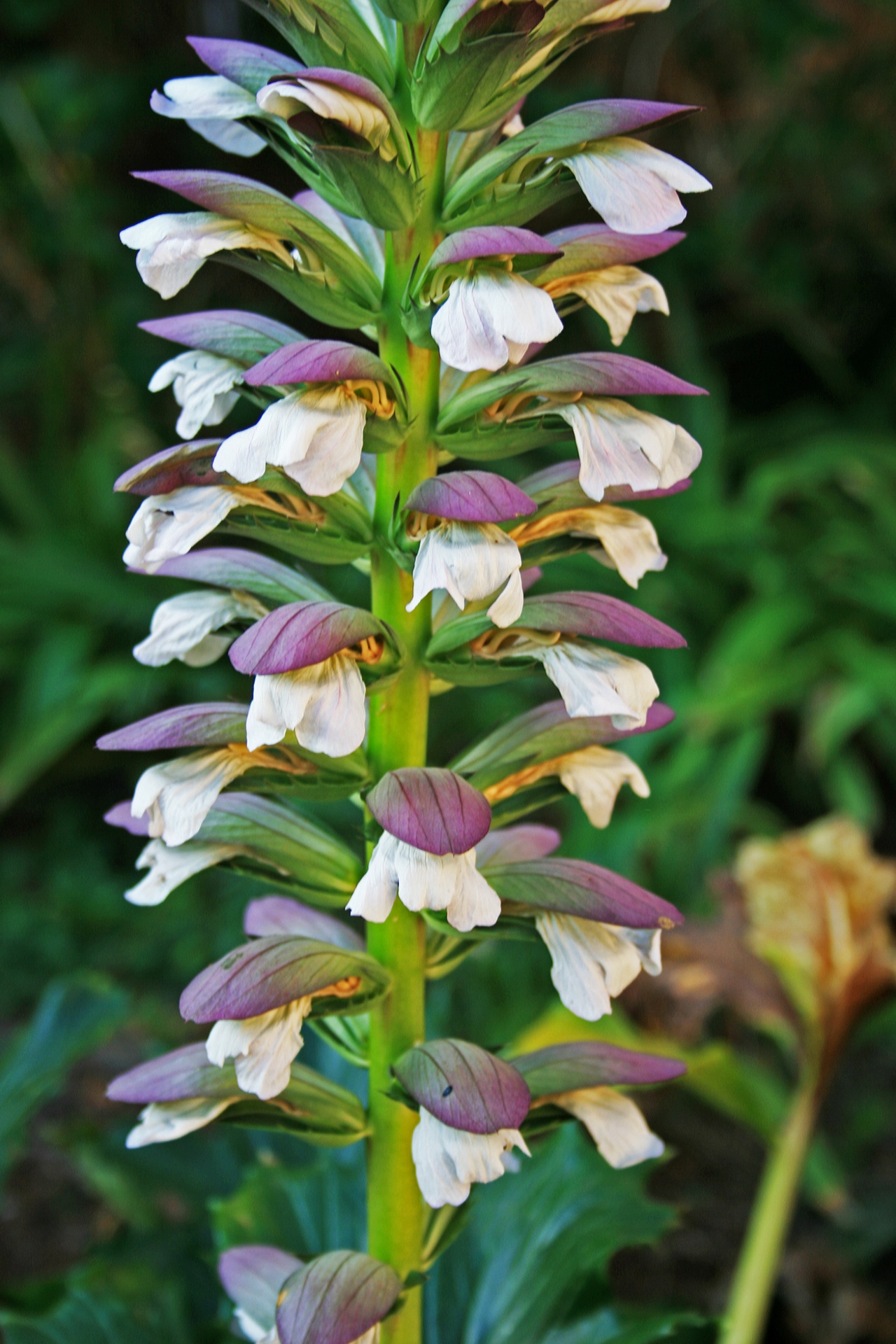
Flowers On Wild Rhubarb Free Stock Photo Public Domain Pictures
Ipomoea pandurata, known as man of the earth, wild potato vine, manroot, wild sweet potato, and wild rhubarb, is a species of herbaceous perennial vine native to North America. It is a twining plant of woodland verges and rough places with heart-shaped leaves and funnel-shaped white flowers with a pinkish throat. The large tuberous roots can be.

Wild Rhubarb (Burdock) This picture of Wild Rhubarb or Bur… Flickr
Rhubarb is not especially rich in essential nutrients, and its calorie content is low.. However, it is a very good source of vitamin K1, providing around 26-37% of the Daily Value (DV) in a 3.5.
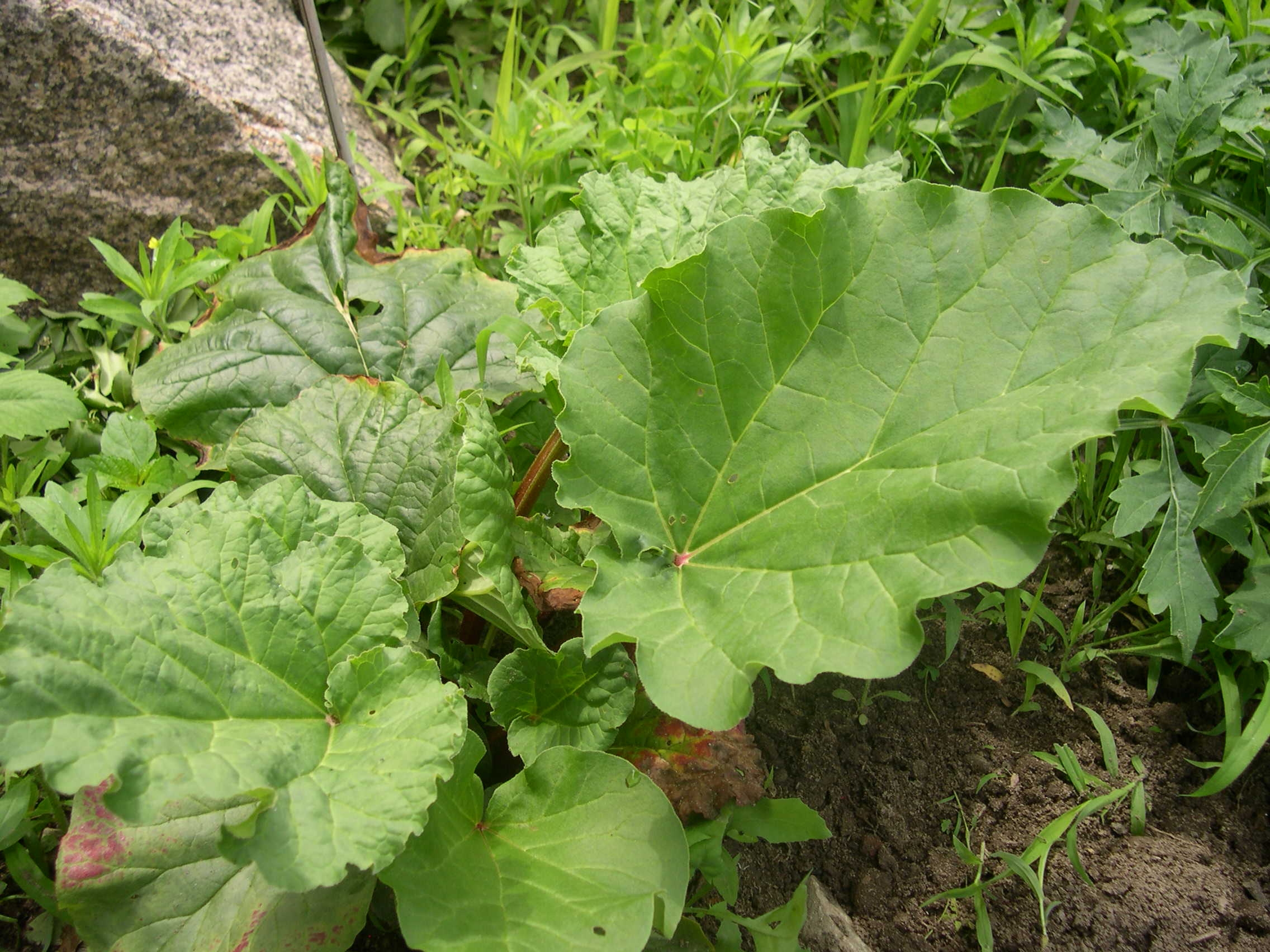
Pet Poison Helpline Rhubarb Poisoning
Pick the wild rhubarb stems in the spring. Boil the stems or bake them into a pie. The leaves of the young plant may also be edible, according to Plants for a Future. Leaves taste bitter because they contain a high amount of tannin, which is used to tan leather. Cooking in water and changing the water multiple times is usually necessary to.
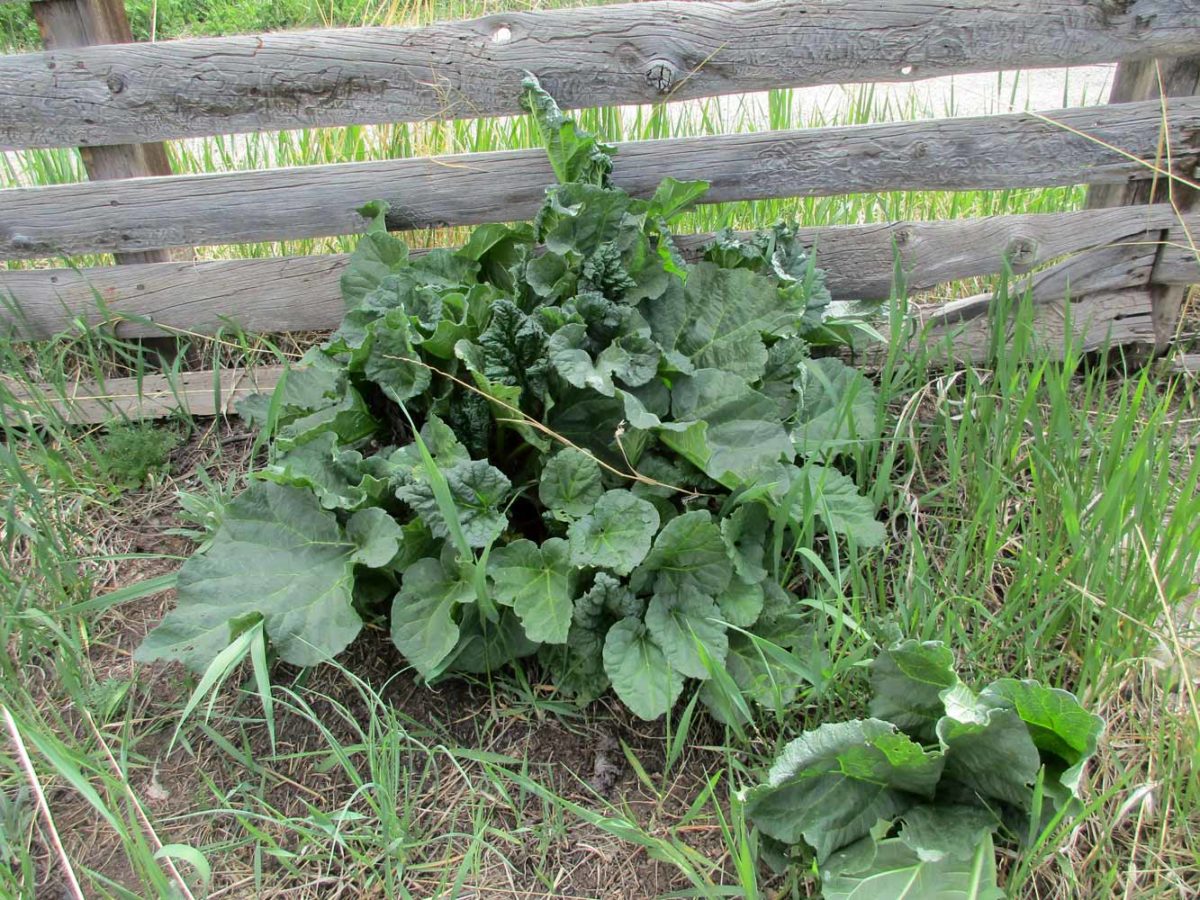
rhubarb of the Old West Wild Food Girl
Rheum ribes, the Syrian rhubarb or currant-fruited rhubarb, or warty-leaved rhubarb, is an edible wild rhubarb species in the genus Rheum.It grows between 1000 and 4000 m on dunite rocks, among stones and slopes, and is now distributed in the temperate and subtropical regions of the world, chiefly in Western Asia (Turkey, Syria, Lebanon, Iraq, Iran, Azerbaijan, Armenia) to Afghanistan and.
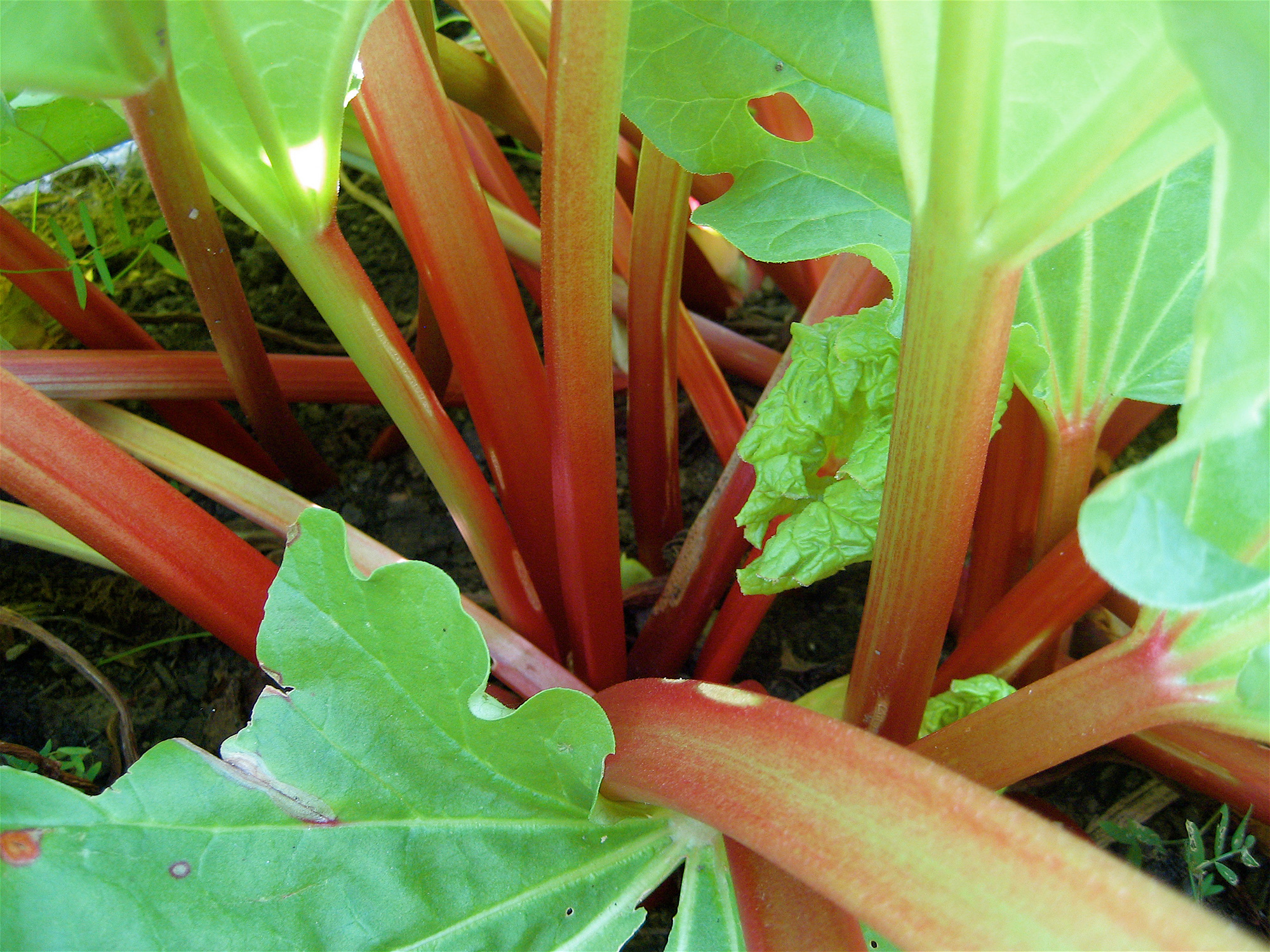
rhubarb Berkeley Horticultural Nursery Berkeley Horticultural Nursery
It makes a thick punch that needs to be stirred each time before pouring, and gets a frothy head on top. Rhubarb punch made by cooking down and blending together rhubarb, sugar, and water, then mixing with soda and fruit juice. I used orange juice, but lemon, grape, and pineapple also come recommended.
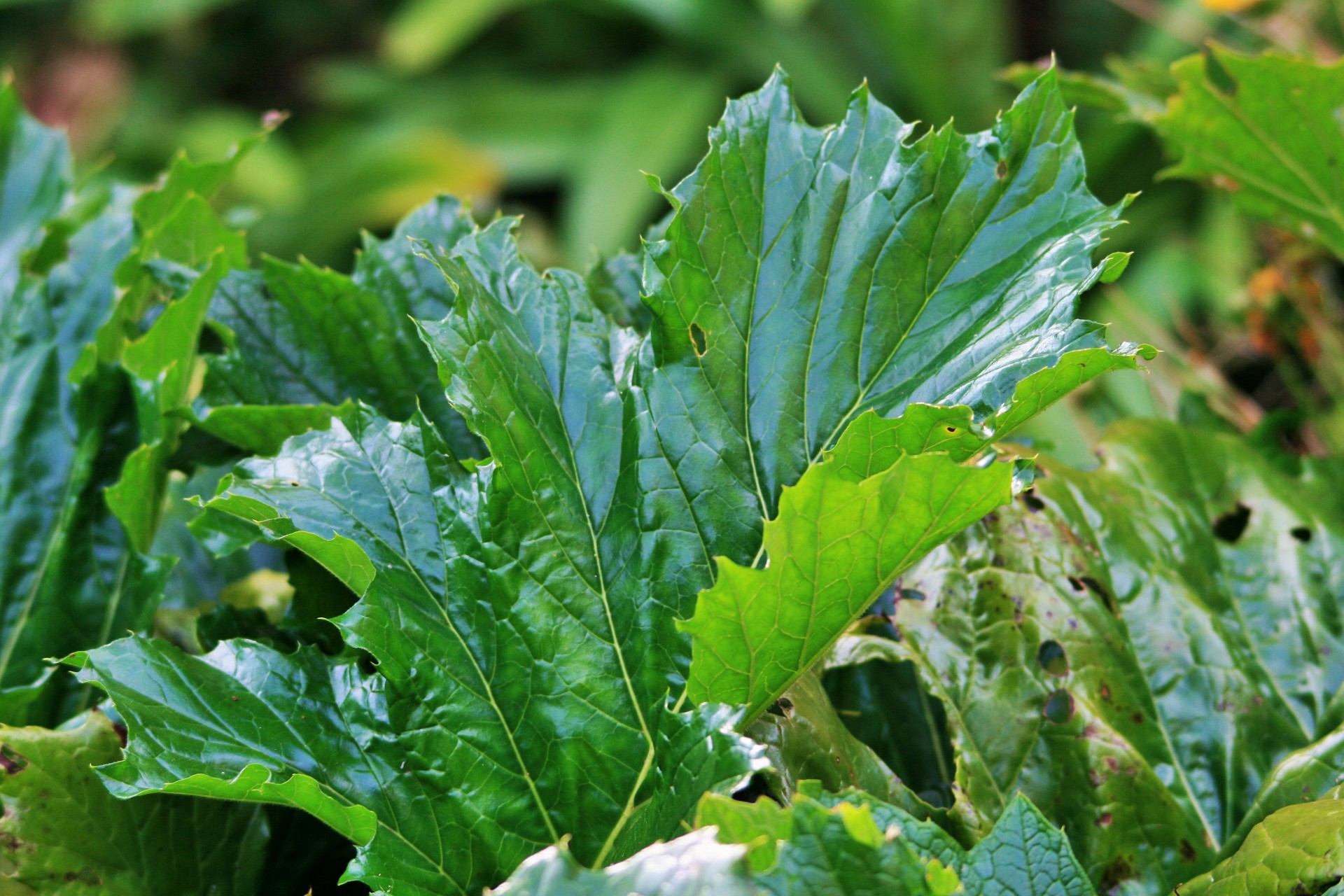
Large Leaf Of Wild Rhubarb Free Stock Photo Public Domain Pictures
Red Dock, Desert Rhubarb, Wild Rhubarb. Part Used for Medicine: Tubers. Habitat in Which it is Found/ Harvesting Season/ Special Considerations: It is found in sandy areas between 3,000' and 6,000'. Common in the Verde Valley and the many sandy areas around Page, Arizona. The farthest north I have encountered it is near Moab, Utah.

Rhubarb (About) Cat's Kitchen
Common Names: Common burdock, Wild rhubarb Description: Introduced to North American accidentally.Parts of plants can be used as food. Habit: Biennial, 1st year plant forms a rosette while 2nd year plant is erect with a large taproot.Can grow up to 2-6 ft tall. Leaves: Large, heart-shaped, alternate, dark green in color, smooth above and whitish green in color and woolly-hairy beneath.
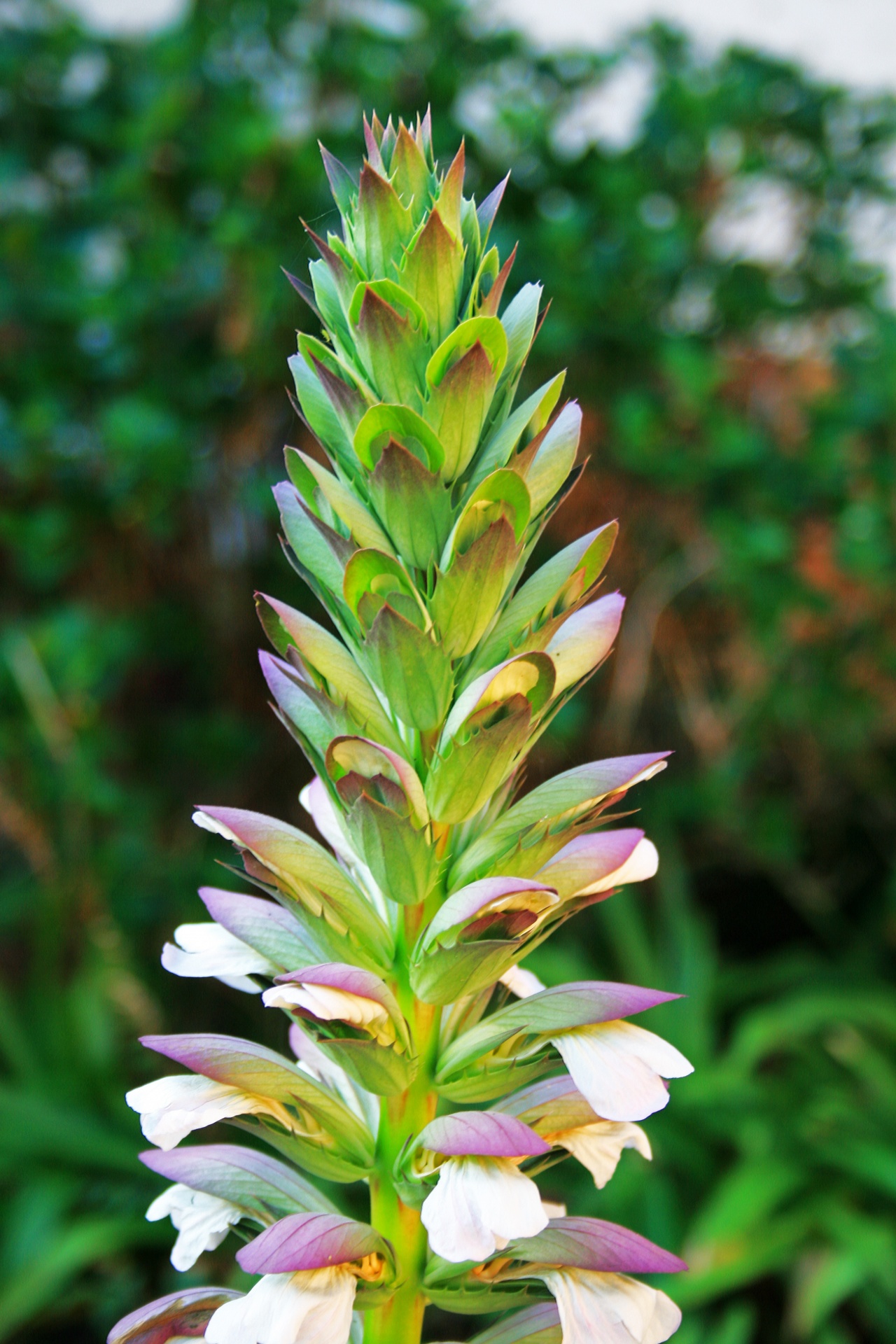
Flowering Wild Rhubarb Free Stock Photo Public Domain Pictures
Rumex Hymenosepalus, Wild Rhubarb. The reddish pink inforescense of rumex hymenosepalus consists of elongated clusters of many dozen small flowers, each formed of small sepals about half an inch long. Plants have a thick root cluster, used by early Spanish settlers as a source of tannin. The smooth, reddish stems are also thick, an inch across.